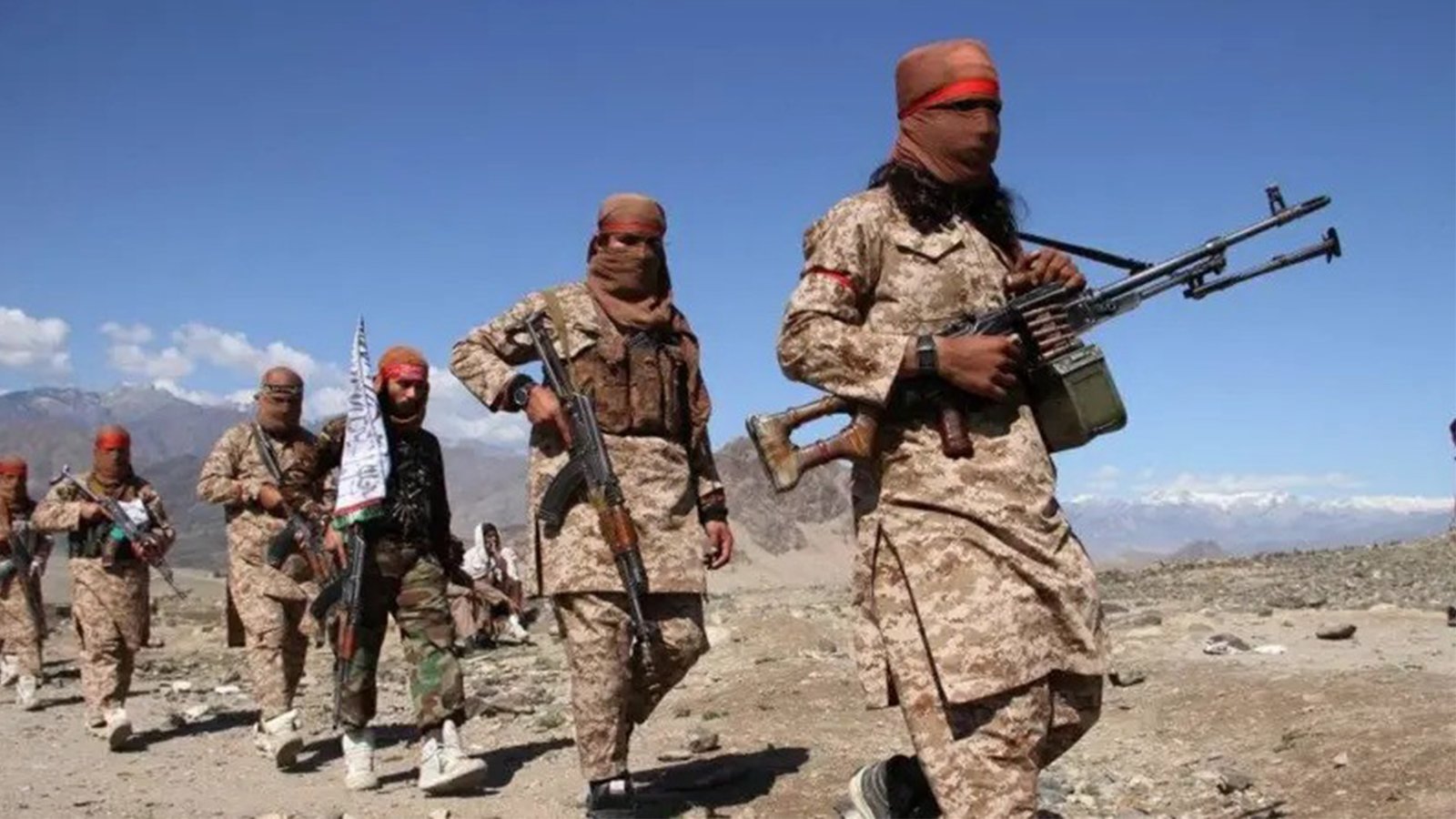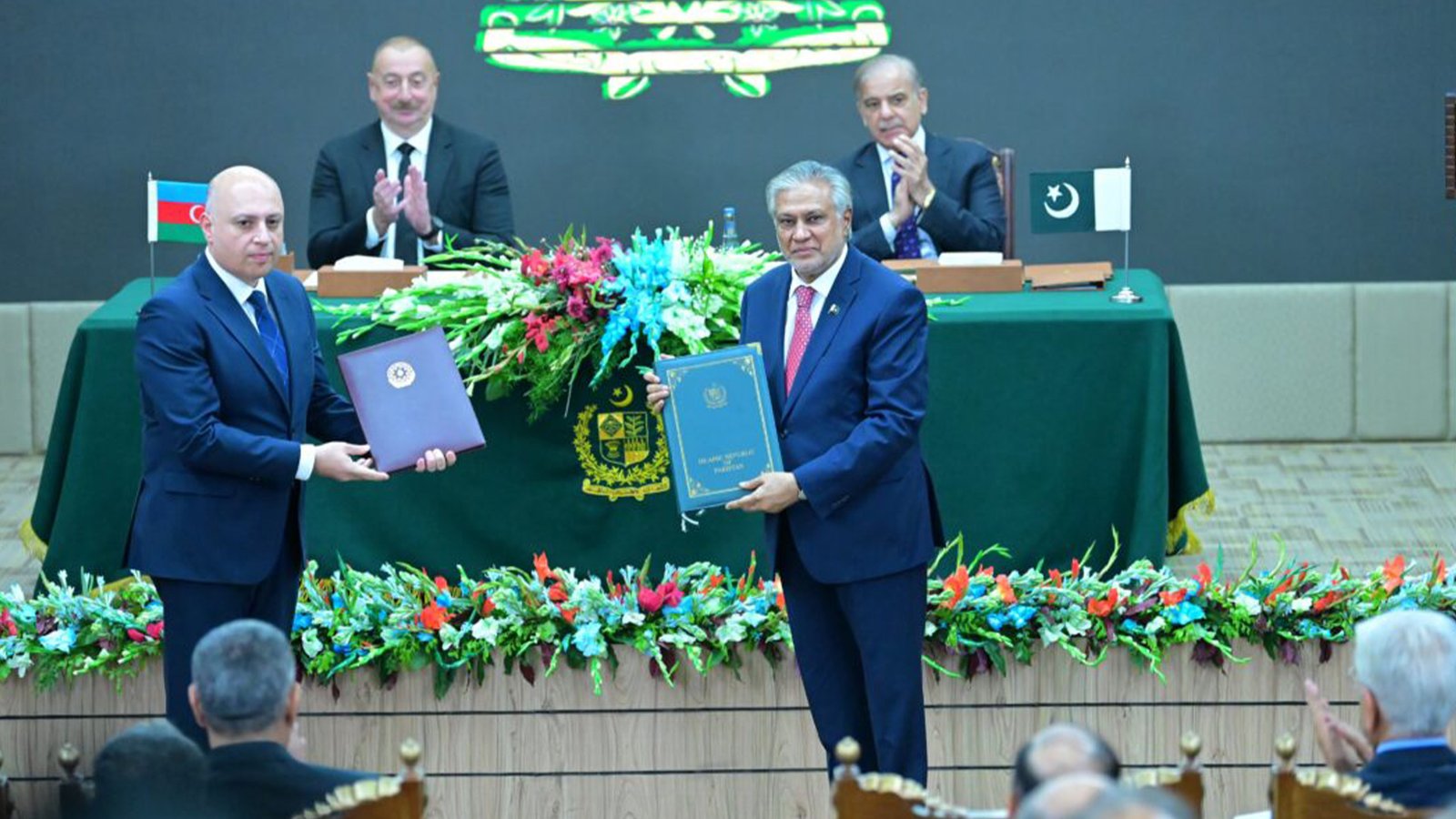Unsafe Nuclear Program Indian Track Record
India’s nuclear program has been facing multiple challenges in recent years. From thefts to accidents, the country’s nuclear installations have been under threat, raising concerns about the safety and security of its nuclear program.
In one incident, two men were caught trying to sell over 7 kilograms of natural uranium on the black market for a price of Rs 21 crore. The men were charged under the Atomic Energy Act, of 1962, and the Unlawful Activities Prevention Act, of 1967, highlighting the risks associated with the illegal trade of nuclear material.
In another incident in 2022, around 200 kilograms of natural uranium were stolen from a chemical plant in Maharashtra’s Thane district. The National Investigation Agency (NIA) took over the case and has conducted raids in several locations, but no arrests have been made as of now. This incident further underscores the need for heightened security measures and vigilance in safeguarding nuclear materials.
Moreover, India has a history of nuclear accidents and leakage, with the Mayapuri Radiological Accident, Jaduguda Uranium Mine Leakage, and Tarapur Atomic Power Station incidents being notable examples. These accidents have resulted in casualties and injuries, highlighting the importance of proper safety protocols and infrastructure in the nuclear sector. Here is a brief on such incidents :
- Mayapuri Radiological Accident (2010): A radiation accident occurred in Mayapuri, a scrap market in Delhi, in which one person died and several others were injured. A gamma radiation source was found in scrap metal and sold to a scrap dealer who then dismantled it, resulting in radiation exposure to him and others.
- Jaduguda Uranium Mine Leakage (2009): The Jaduguda uranium mine in Jharkhand experienced a leak of radioactive slurry in 2009, which affected the health of workers and the local population.
- Kaiga Atomic Power Station Leakage (2009): A leak of radioactive heavy water occurred at the Kaiga Atomic Power Station in Karnataka in 2009, which resulted in the exposure of 55 workers to radiation.
- Tarapur Atomic Power Station (2005): A heavy water leak occurred at the Tarapur Atomic Power Station in Maharashtra in 2005, which resulted in the death of two workers due to radiation exposure.
- Pokhran-II Nuclear Test (1998): India conducted nuclear tests in May 1998 at Pokhran in Rajasthan, which resulted in the leakage of radioactive material into the environment.
Also Read this: A Timeline of Deadly Nuclear Accidents
These unfortunate facts indicate that the Indian nuclear program is not safe. The Indian government needs to prioritize the safety and security of its nuclear program to prevent any untoward incidents that could have catastrophic consequences.
The illegal trade of nuclear materials and lax security measures in nuclear installations pose a significant threat not only to India but also to the global community. The need for stringent regulations, robust security measures, and regular inspections cannot be overstated. The future of nuclear energy in India depends on how effectively it addresses these challenges and ensures a safe and secure program.
Stay connected with us for the latest updates. Follow us on Facebook and Twitter.











